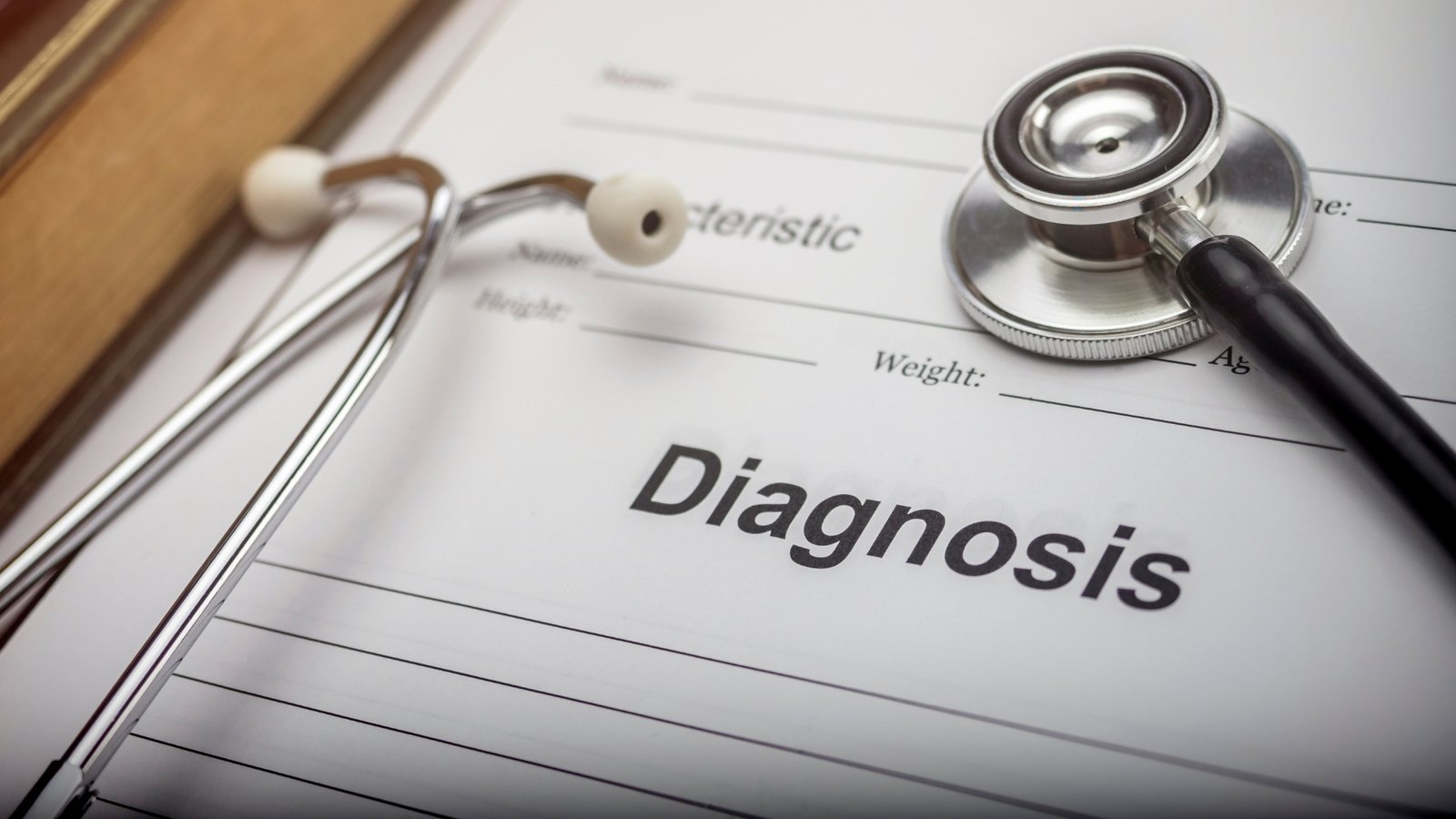AI-Powered Diagnostics: Transforming Early Disease Diagnosis
In the rapidly changing health care landscape of today, artificial intelligence (AI) is leading the way to transform diagnostics. With the aid of AI-based diagnostics, doctors can detect diseases at an earlier stage, which leads to improved patient outcomes and more efficient treatment plans.
The Rise of AI in Medical Diagnosis
Medical diagnosis AI employs machine learning algorithms to screen large volumes of patient data, such as medical history, laboratory results, and imaging examinations. The technology can identify patterns and deviations that human eyes may miss, making it possible to diagnose disease earlier and provide recommendations for personalized treatment.
One of the key strengths of AI in the diagnostics of healthcare is that it can improve diagnostic accuracy. For example, AI algorithms have shown high accuracy rates in identifying some cancers such as breast, colon, and lung cancer by examining medical images and catching subtle signals of disease.
Predictive Analytics and Early Detection
Predictive diagnostics powered by AI are revolutionizing early disease diagnosis. AI systems can predict the likelihood of disease occurrence by reading biomarkers in blood, tissues, and fluids, allowing interventions and preventive treatments to be done in advance.
AI in Medical Imaging
The application of AI in medical imaging has come a long way towards the early detection of diseases such as Alzheimer's disease and cardiovascular disease. AI identifies with high precision early signs of these diseases through MRI scanning, allowing for more timely and appropriate treatment approaches.
Real-World Uses
Various real-world uses have demonstrated the impact of AI on early diagnosis of diseases:
Detection of Cancer: AI computers are now used to review mammograms to find breast cancer earlier than would standard techniques, bettering the result for the patients.
Neurological Disorders: AI systems are able to identify early signs of neurodegenerative conditions like Alzheimer's by scanning for tiny abnormalities in brain scans.
Cardiovascular Disorders: Diagnostic imaging using AI powers enables detection of early onset heart disease to implement early intervention and avert serious complications in future.
Challenges and Considerations
Although AI poses many advantages for the early diagnosis of diseases, it also entails challenges such as data privacy, the requirement for large and wide datasets, and the necessity for incorporating AI tools into the currently existing healthcare frameworks. It is important to meet these challenges if the potential in AI for use in medical diagnosis is to be fully achieved.
Artificial intelligence-driven diagnostics are revolutionizing disease detection at an early stage, with promising innovation in patient care and medical diagnosis. By embracing such technologies, healthcare providers can enhance diagnostic accuracy, improve patient outcomes, and contribute to a more proactive health management approach.
The Future of AI in Healthcare
With the advancement of AI technology, its applications in the healthcare diagnosis field will increase. The future developments can be done to add more predictive analytics, interaction with wearable health sensors, and applications on a greater scale in personalized medicine, finally leading to more preventive and proactive healthcare measures.
Artificial intelligence-powered diagnostics are revolutionizing the game when it comes to disease identification at an early stage, providing innovative advancements in clinical diagnosis and patient care. Incorporating such technologies, physicians can enhance diagnostic accuracy, improve patient outcome, and provide a proactive approach to health control.
.svg)
.svg)

 For Instructor
For Instructor

